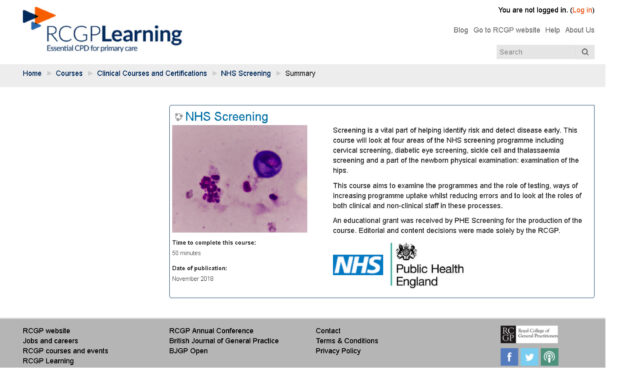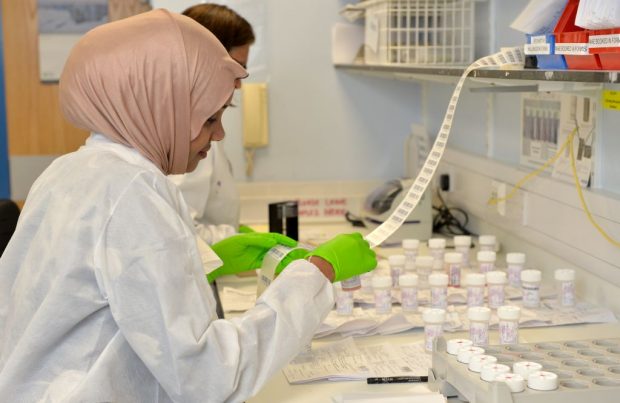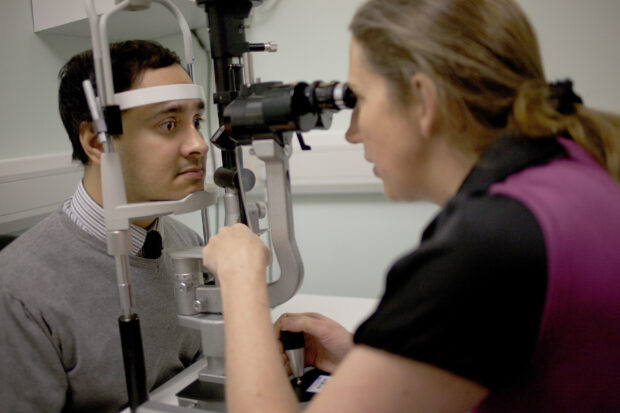Updated screening information for GPs and other primary care staff

Public Health England has updated its screening information for GPs and practice staff on GOV.UK.
Jim is a GP in a busy urban practice in Coventry and editor for GPnotebook. He is also chronic conditions lead for his clinical commissioning group (CCG). He has been working with the NHS screening programmes to help to bring a primary care perspective to developments in screening.

Public Health England has updated its screening information for GPs and practice staff on GOV.UK.

The Royal College of GPs (RCGP) has published new e-learning content, in conjunction with PHE Screening, that gives GPs and primary care colleagues practical guidance to support patients in understanding and accessing the NHS screening programmes.
GPs have access to highly sensitive personal information and take their ethical and legal duties of confidentiality very seriously. However, it is important for them to remember the Caldicott principle that the duty to share information can be just as important as the duty to protect confidentiality.

It’s important GPs help ensure everyone gets the information they need in order to decide if screening is the right thing for them depending on their circumstances.

The programme will introduce a new improved home test kit for screening from April 2018. It is call a faecal immunochemical test (FIT) and it will replace the guaiac faecal occult blood test (gFOBt). It’s important that GPs and others working in primary care understand this change to the screening programme and its implications for …

Cervical screening saves an estimated 5,000 lives a year by detecting abnormalities of the cervix early and referring women for effective treatment.

Bowel cancer is the third most common cancer in the UK and the second leading cause of cancer deaths.

Diabetic eye screening is an integral component of diabetes care, which helps prevent or reduce sight loss among people with diabetes. But diabetic eye screening services rely on GPs to identify people with diabetes over 12, the age at which …

In his latest PHE Screening blog post written for his fellow GPs, Dr Jim McMorran looks at primary care issues relating to sickle cell and thalassaemia (SCT) screening.

In his second blog post written for his fellow GPs, Dr Jim McMorran looks at newborn blood spot screening – more commonly known as the heel prick test.
Public Health England (PHE) existed to protect and improve the nation’s health and wellbeing, and reduce health inequalities. It closed on 30 September 2021 and this blog is no longer updated.
Find out more about the implications for health screening in our Changes ahead for the national screening system blog article.
If you want to stay in touch with screening evidence and policy news, you can subscribe to the UK National Screening Committee blog.